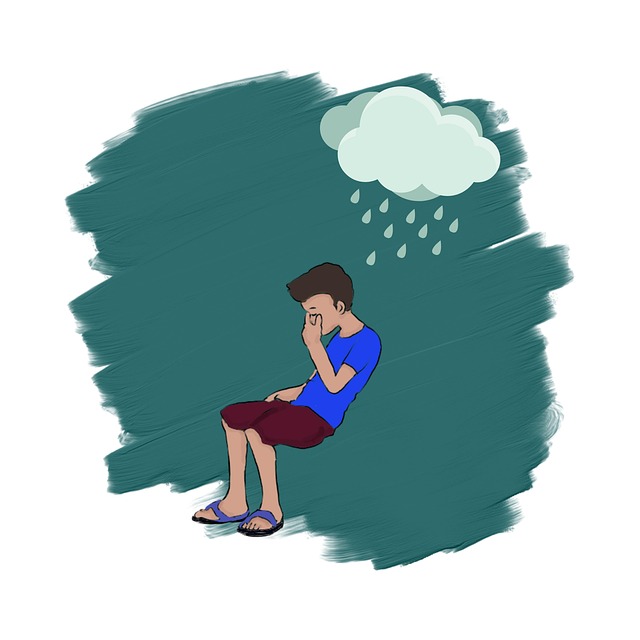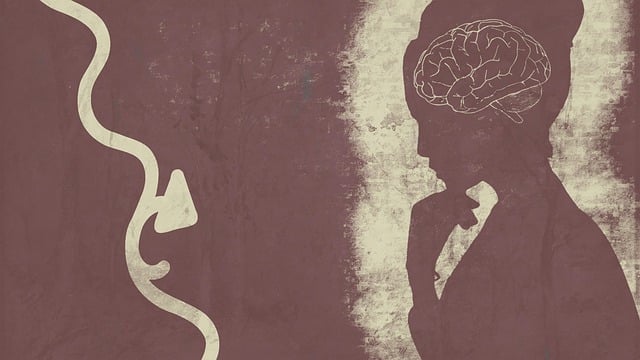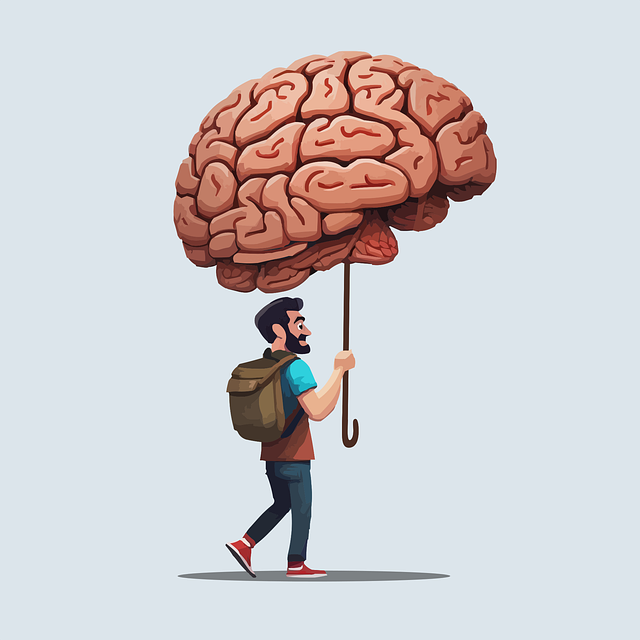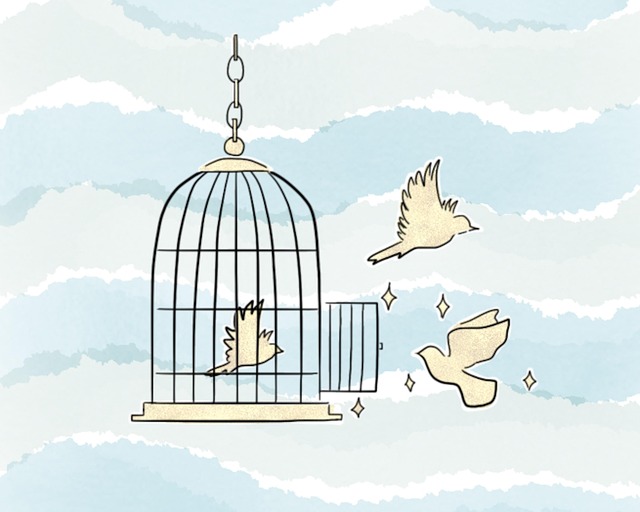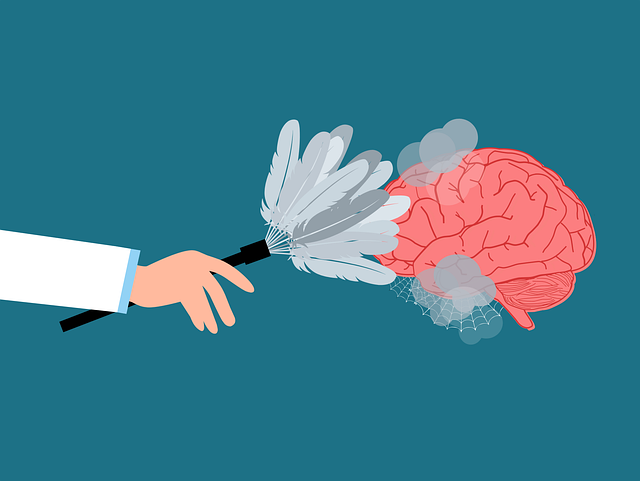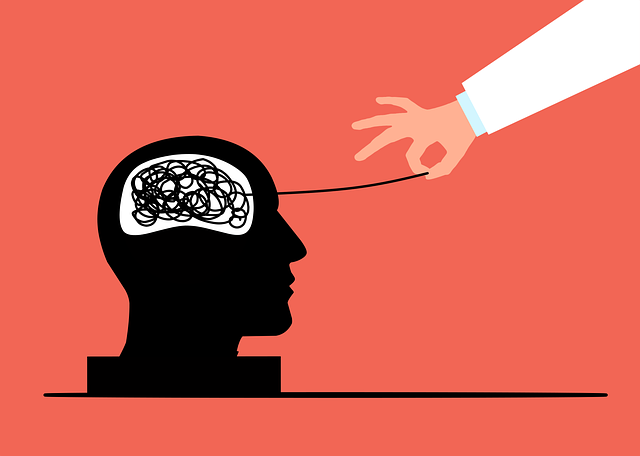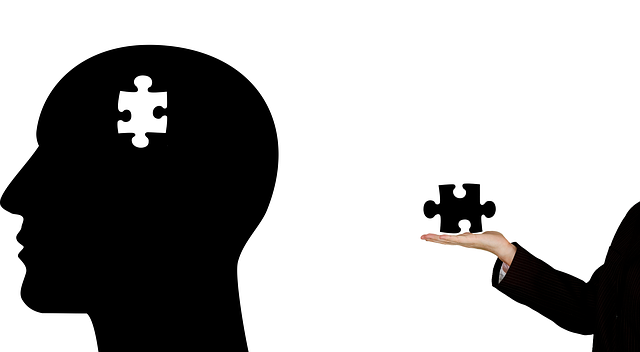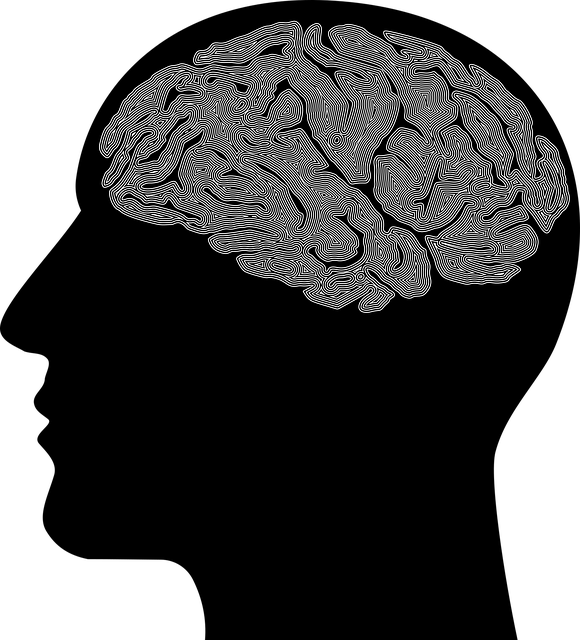Mental wellness group facilitation tailored for elders is a powerful tool addressing their unique challenges, including communication issues in elderly couples. This approach fosters open discussions on stress management, social skills, and burnout prevention while building community among peers through safe, structured sessions. By encouraging mutual support and learning, facilitators enhance the elders' well-being, alleviating isolation and promoting positive mental health. Cultural competency training and stigma reduction efforts are crucial for creating supportive environments that effectively help elderly couples overcome communication barriers.
Mental wellness group facilitation plays a pivotal role in enhancing the lives of elders, addressing critical issues such as communication challenges within elderly couples. This article explores effective techniques tailored for facilitating therapy sessions that cater specifically to the unique needs and dynamics of older adults. By delving into strategies like active listening, structured discussions, and fostering a supportive environment, facilitators can significantly improve mental health outcomes for elderly participants, particularly in addressing communication issues plaguing their relationships.
- Understanding Mental Wellness Group Facilitation for Elders
- Targeting Communication Issues in Elderly Couples
- Effective Techniques to Enhance Group Therapy Sessions
Understanding Mental Wellness Group Facilitation for Elders

Mental wellness group facilitation specifically tailored for elders is a powerful tool to address unique challenges they may face. As our population ages, understanding and catering to their mental health needs within a group setting becomes increasingly important. This approach facilitates open discussions on topics like stress management, social skills training, and burnout prevention, all while fostering a sense of community among peers. By creating a safe and supportive environment, facilitators can encourage elders to share experiences, offer mutual support, and learn from one another, ultimately enhancing their overall well-being.
Group therapy provides an opportunity for elders to connect with others who might have similar life experiences or struggles, including those related to couples communication issues. This sense of belonging is crucial in alleviating feelings of isolation and promoting positive mental health. Through structured yet flexible facilitation techniques, professionals can guide these groups towards meaningful conversations, ensuring every participant feels heard and valued.
Targeting Communication Issues in Elderly Couples

Many elderly couples face challenges related to communication, often stemming from years of shared experiences and changing dynamics. These issues can be particularly acute in communities where older adults may feel isolated or struggle with mental health concerns like depression. Group facilitation techniques offer a unique and beneficial approach to addressing these communication barriers.
Through structured group sessions, facilitators create safe spaces for couples to open up about their experiences, fostering understanding and empathy. This method encourages active listening and promotes the development of healthier communication patterns. By integrating mental wellness aspects into therapy, healthcare providers can assist these couples in navigating emotional challenges, enhancing overall well-being. Moreover, cultural competency training for caregivers and mental illness stigma reduction efforts play a crucial role in ensuring that elderly couples receive the supportive environment they need to address communication issues effectively.
Effective Techniques to Enhance Group Therapy Sessions

Facilitating group therapy sessions for seniors or couples dealing with communication issues requires a blend of skills and techniques to create a safe and supportive environment. One effective strategy is incorporating emotional healing processes that encourage open dialogue, fostering a sense of community among participants. Techniques such as guided meditation and mindfulness exercises can help individuals achieve stress management workshops organization, promoting calmness and active listening.
Additionally, incorporating self-awareness exercises tailored to the group’s dynamics allows members to explore their emotions and interactions more deeply. These activities should be inclusive and adaptable, catering to diverse needs while ensuring every voice is heard. By integrating these methods, facilitators can enhance engagement, encourage personal growth, and optimize the therapeutic benefits of group settings for seniors and couples facing communication challenges.
Mental wellness group facilitation plays a pivotal role in enhancing the lives of elders, particularly addressing communication issues within elderly couples. By employing techniques outlined in this article—from understanding specific needs to utilizing effective strategies—facilitators can create supportive environments that foster meaningful connections and improve overall therapy outcomes for these pairs. Incorporating these practices ensures that elders receive tailored support, ultimately promoting mental wellness and stronger relationships.
